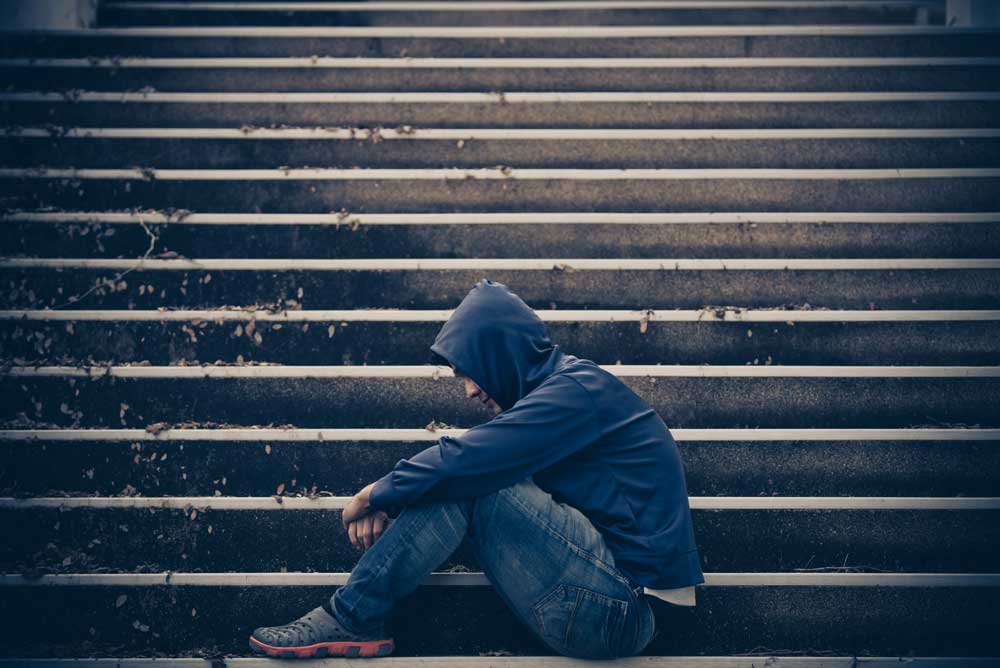Drug addiction isn’t as much a state as it is a process. The earlier it is identified, the easier it may be to treat. In many cases, an individual can live a relatively normal life while struggling with substance abuse. It isn’t until later stages of the addiction cycle that behaviors begin to change more drastically, prompting intervention. However, by that time, it is likely a good deal of damage has been done.
Understanding the Addiction Cycle
According to American Addiction Centers, there are six stages of addiction:
1. Initial Use
Depending on the substance, this step in the cycle can have a varying impact. There are times when a dependence can be formed after a single use. Regardless, initial use is the first step towards addiction.
2. Abuse
Substance abuse is defined simply as any use of a substance that is harmful. Whether the substance itself be harmful or the dosage or manner of administration is improper, abuse should always be avoided.
3. Tolerance
Tolerance occurs when the brain becomes accustomed to the routine use of a substance— providing diminishing effects. This often causes a user to increase their intake of the substance in order to achieve the same desired effect as when the began.
4. Dependence
After so long, the brain (whether physically, emotionally, or both) becomes dependent on receiving doses of the substance in order to properly function. At this stage, it becomes much harder to simply walk away from the substance.
5. Addiction
Addiction is a legitimate health disorder that affects the brain physically as well as emotionally. An addicted individual will often keep using despite considerable risk or a desire to stop.
6. Relapse
As with any chronic condition, relapse is always a common occurrence. Although efforts to refrain from abusing a substance may be put forth, an addicted individual will sometimes find themselves using again. Although relapse is often part of the recovery process, it can also be very dangerous.
Common Signs of Drug Abuse
Recognizing a substance problem can sometimes be difficult, especially if it is not you who is engaging in the behavior. However, there are some signs to look out for:
- Reclusiveness/social avoidance
- Inability to engage in activities for long periods of time
- Drastic behavioral changes
- Physical signs such as weight loss/gain, track marks, scabs, etc.
- Abandonment of important duties (work, school, etc.)
- Irrational/risky behaviors
Have a Conversation
Although it may sound cliché, when in doubt, talk it out. A simple conversation can provide you with insights that can help your loved one through their time of struggle. It is not at all uncommon for such a conversation to render the individual defensive, but some tactful persistence can help address a potentially life-ending problem. If you think your loved one may have a substance problem, ask them, caringly. The consequences of doing so are much less harmful than those of lingering addiction.
Reach Out for Help
Although it is possible to conquer addiction without outside help, history proves that success is much less likely. While seeking drug rehab or outpatient care may occasionally cause feelings of shame and embarrassment, it can be the difference between life and death. If you or a loved one is battling with addiction at any stage, begin working towards a solution immediately.
For more information on how The Solida Foundation can provide addiction recovery support, contact us today.
